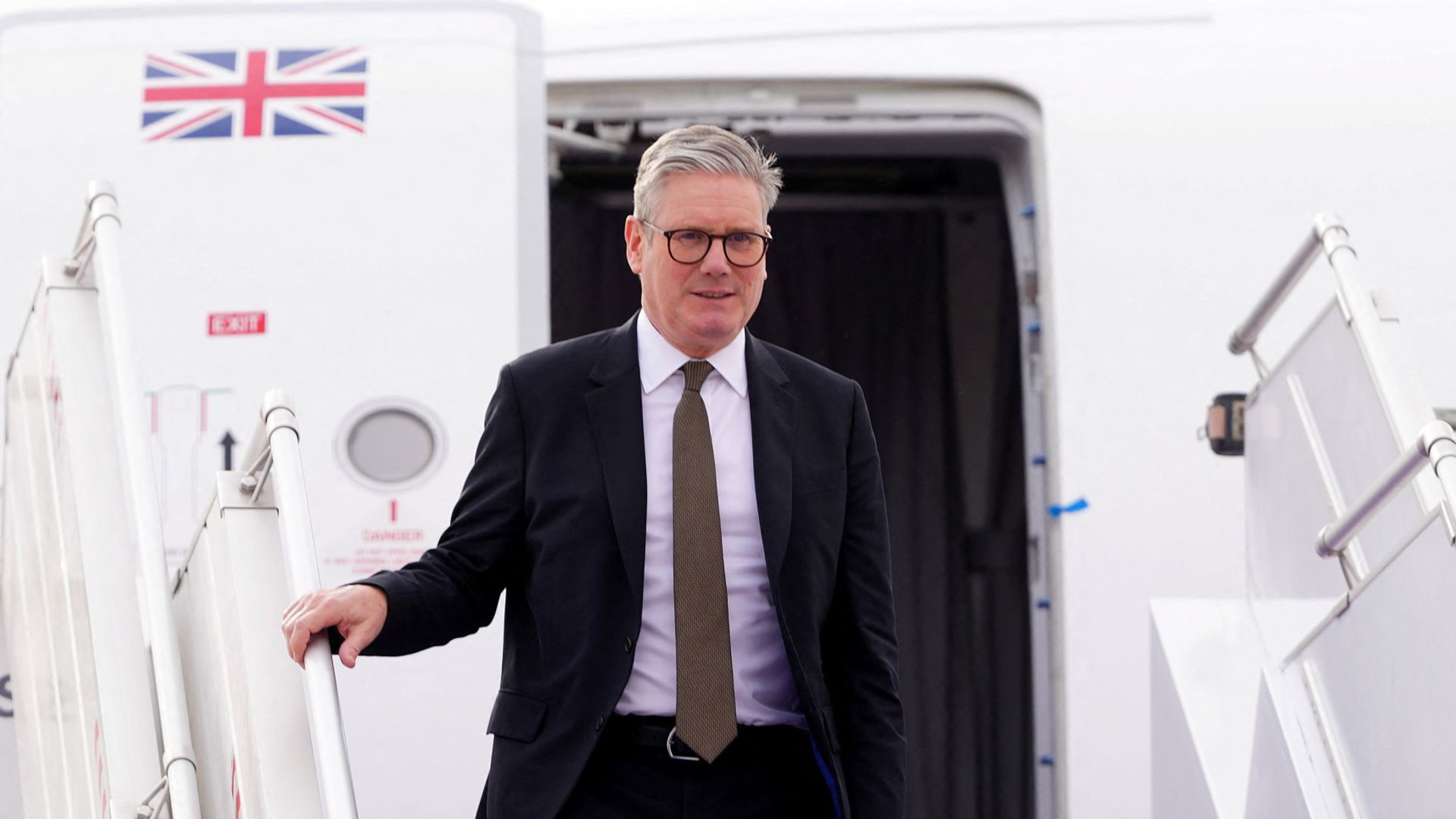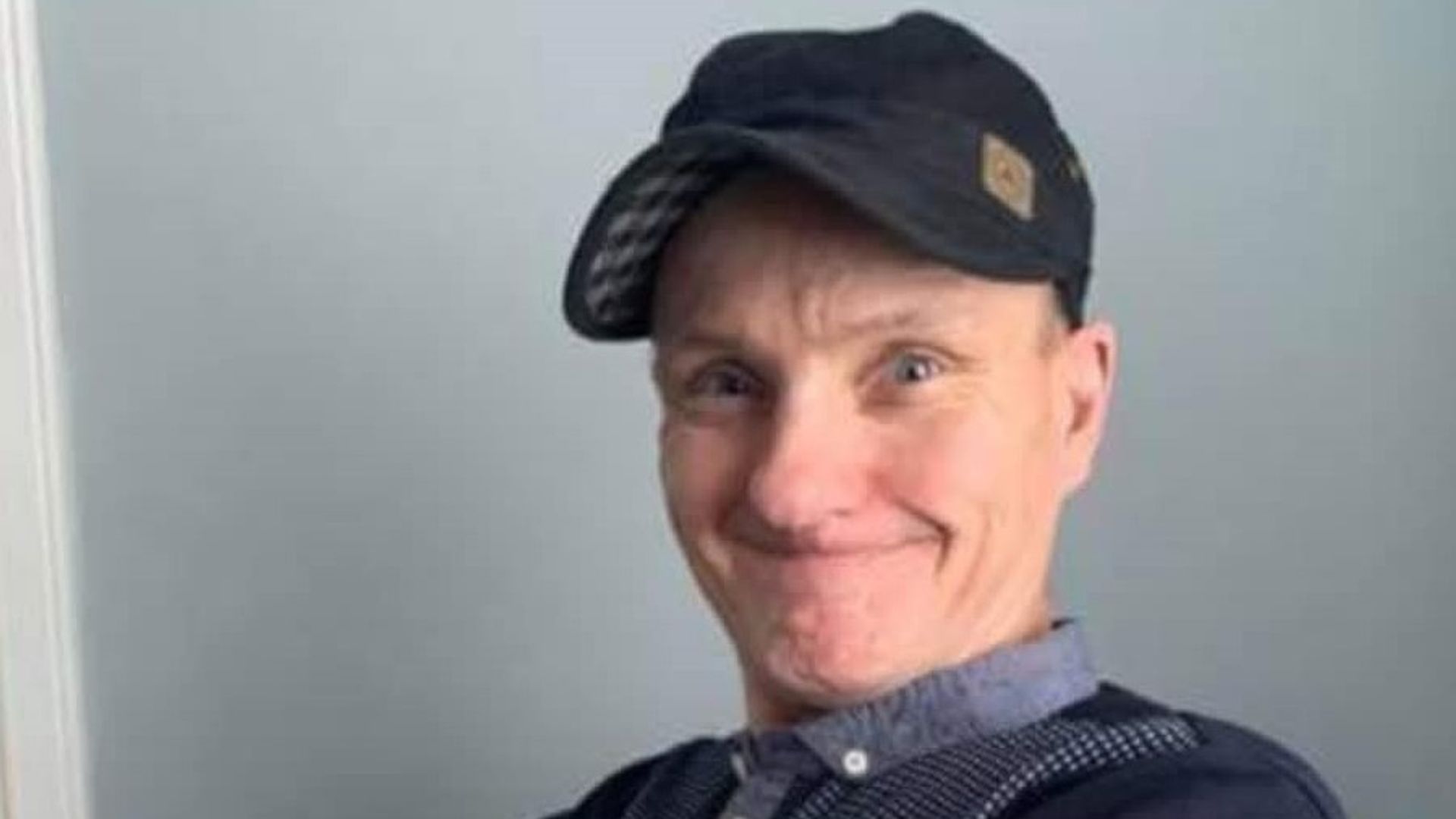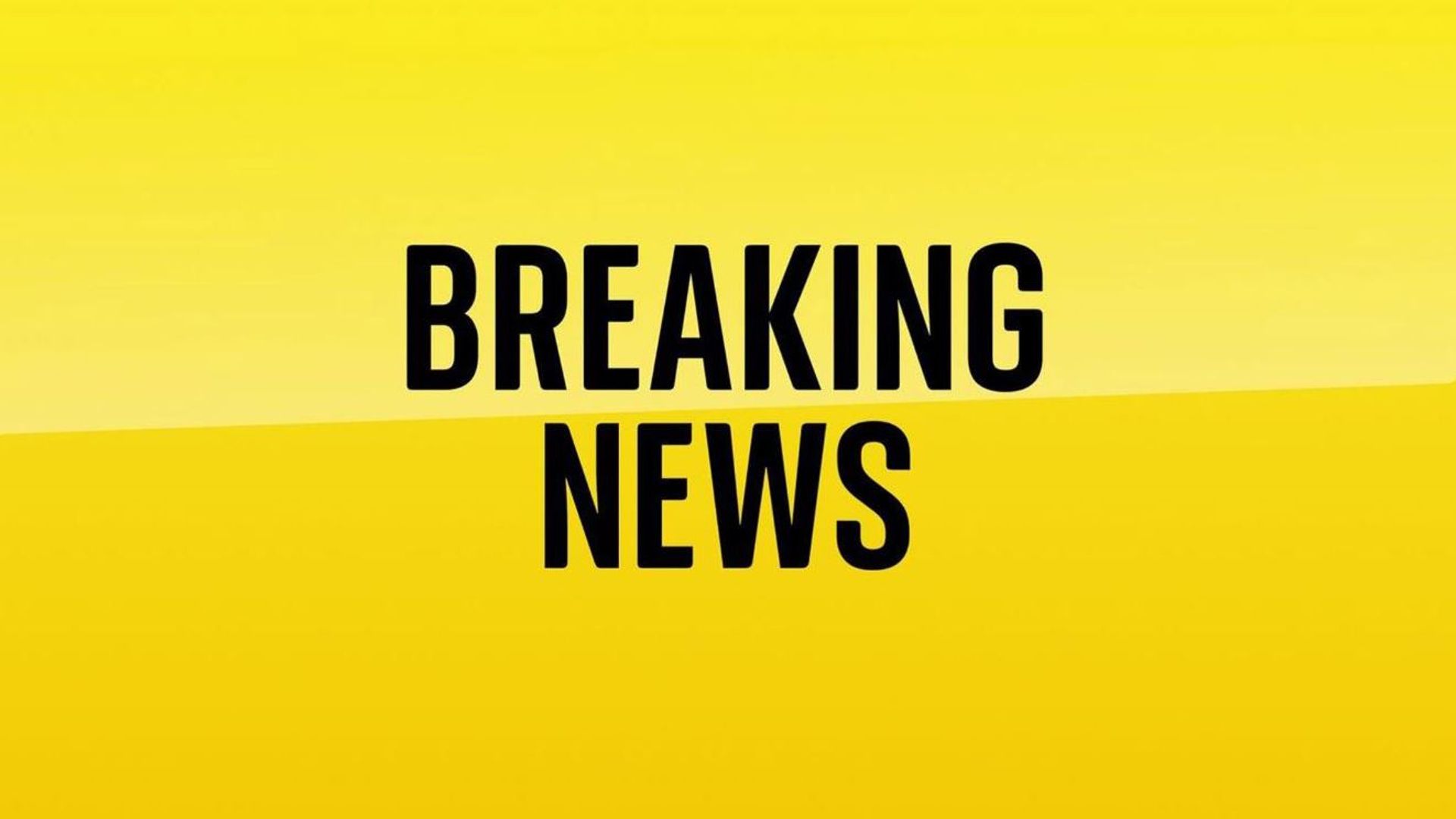Sir Keir Starmer has said the UK will play a more active role in the Middle East following the collapse of the Assad regime in Syria.
The prime minister also announced a further £11m in humanitarian aid for the most vulnerable in Syria, where rebel forces have toppled the 24-year dictatorship of Bashar al Assad.
Speaking from Riyadh, the capital of Saudi Arabia, Sir Keir said: “From cutting the cost of living for hardworking British people, to building resilient supply chains or supporting communities in Britain, what happens in the Middle East matters at home.
“That is why we are strengthening our defence partnership with Saudi Arabia, protecting the most vulnerable in Syria, supporting our partners in Lebanon and working with the international community to push for a ceasefire in Israel and Gaza, secure the return of all hostages and accelerate aid into Gaza.
“To deliver on my plan for change, we need a strong foundation of security but that cannot just be built at home, it requires us to play our part on the world stage to support stability and protect partners from threats, both now and in the future.”
The prime minister is currently visiting the Middle East on a trip that was scheduled before the Assad regime fell following a lightning offensive by anti-regime forces across the country.
Mr Assad fled to Russia and is in Moscow, according to the Syrian embassy.
North of England will benefit from closer ties to Saudi says, Starmer, as he visits Middle East
Sir Keir Starmer ‘welcomes’ the fall of the ‘brutal’ Assad regime in Syria as he visits Middle East
Starmer’s McDonald’s joke would be called racist if made by a Tory, Kemi Badenoch claims
All eyes are now on what happens next in Syria, with questions over what kind of government Hayat Tahrir al Sham (HTS) – the rebel group that led the successful offensive – will form.
HTS used to be a wing of al Qaeda known as the Nusra Front and has long been designated a terrorist group by the US, UK and Russia.
Its founder, Abu Mohammed al Jolani, cut ties with al Qaeda in 2016 in an effort to appear moderate and in 2021 he said he had no desire to wage war against Western countries.
On Monday Pat McFadden, the chancellor of the Duchy of Lancaster, said the UK government would “consider” removing the group form its list of banned terror organisations.
“I think it will partly depend on what happens in terms of how that group behaves now,” he told Sky News’ Breakfast with Kay Burley.
Earlier Sir Keir “welcomed” the fall of the “brutal” regime ahead of his visit to the Gulf, saying the Syrian people “have put up with his brutal regime for far, far too long”.
As well as vowing to play a more active role in the region, the prime minister said the UK would also seek to strengthen defence co-operation with Saudi Arabia.
The UK will also provide the Lebanese Armed Forces (LAF), regarded as the only legitimate military force in Lebanon, with training and equipment in order to maintain the ceasefire agreed with Israel.









